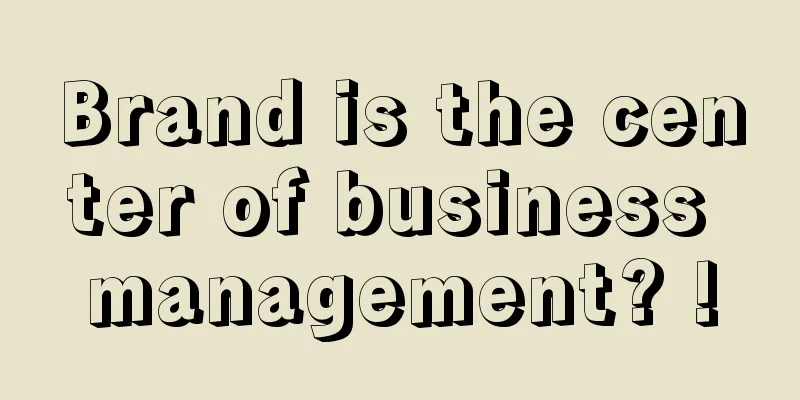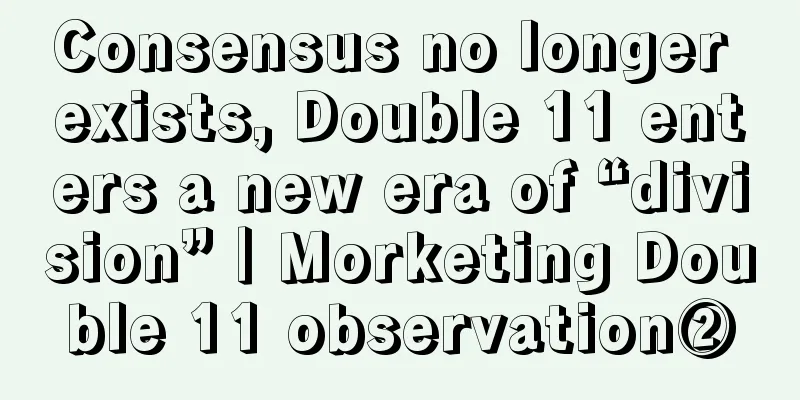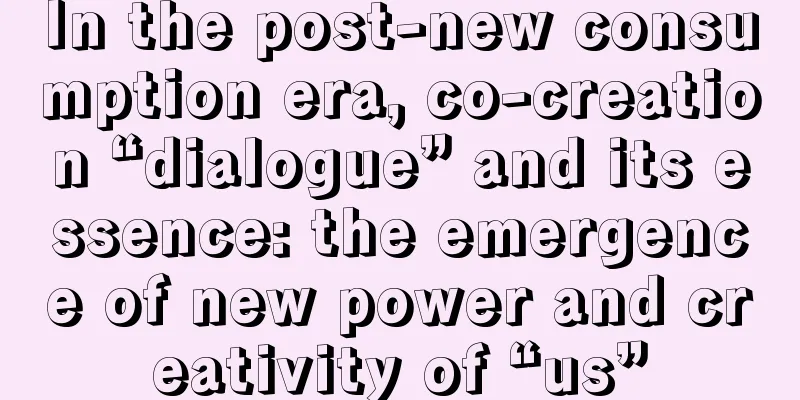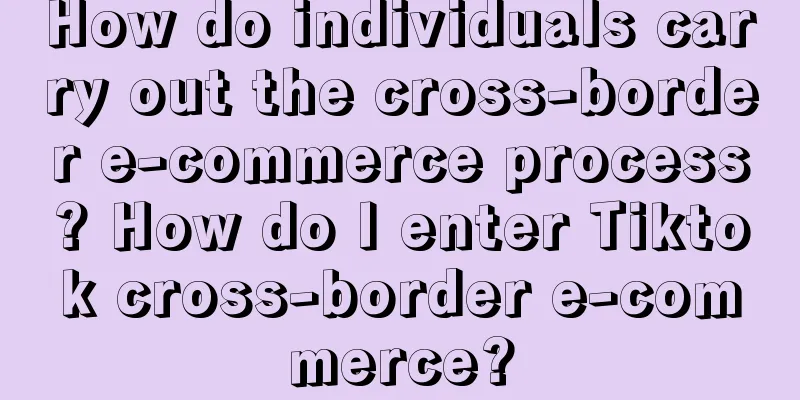Brand is the center of business management? !

I finally made up my mind to write this topic! This sentence has been lingering in my mind for several years, and I finally decided to tell it out loud. [Brand is the central axis of all business management activities of an enterprise] , this is my true understanding of the true meaning of brand. It is not marketing, nor is it PR, nor is it marketing creativity, symbols, slogans, or advertising. Those are all things of the past. The era when brands belong to (or are equal to) advertising and creativity may be coming to an end. Someone may come out and argue: Haven’t you read a book on marketing?! Brand is just a small business segment under the marketing segment, and it can’t even be listed alongside marketing. How come it has suddenly become the center of the entire business management activities of an enterprise?! Do you understand branding? Come on, give me five minutes and listen to me. 1. “Profit” is only a limitation of business operations, not a starting pointThat’s right, in past theories and common sense, brand is just a small technical and creative part of all aspects of an enterprise’s work. It is responsible for packaging and “bragging” and is the “mouthpiece” of the enterprise. In smaller companies, it is difficult to distinguish it from marketing, so people and work are often treated together. In the past, when we ran a business, "profit" was the core of the business management. All business management work of the enterprise revolved around "profit". Yes, there is no typo here, it is "profit" in "earning benefits". The management, organization, operation, everything of most enterprises seem to be closely centered around "win" and "profit". "Profit" is the biggest top-level correctness of a company, especially a Chinese start-up company. In the enterprise, no matter what is said, in short, "the one who can get the order is the biggest", "the one who can win is the most powerful", "the one who can make money is the greatest". Is this really the case? Why is it becoming increasingly difficult for companies to make money? Why are management issues becoming increasingly troublesome? Why do people born in the 1990s and 2000s often come out to clean up the workplace? After reading through all the management textbooks and all of Drucker's books, the only answer we can find is: profit is not the starting point and purpose of enterprises and their activities, but a limiting factor in business operations. Profit is not the reason for enterprises to make business decisions, but an indicator for accepting a qualified enterprise. In other words, "profit" is only the bottom line of an enterprise, and should not be the starting point or the end point. In other words, an enterprise that starts out with the goal of "winning" and "profit" is doomed to not last long. Because "profit" is not the real motivation that should drive a person or a company. People who use this as a motivation to run a business often have a brutal mentality of "revenge" on the world. Management with this mentality is completely wrong from the beginning. Let's take a look at the symptoms and manifestations of using "profit" as the main axis and core of corporate management: In the short term, the iron army gathers together, morale is high, and efficiency is very high in order to win the opponent and make money. Simple and efficient, with a simple purpose. But it won't be long before we find that the organization begins to have problems. If there is no money, some people can't wait and clamor to resign, and if there is money, some people feel that they get too little and the morale is low. Some companies that are doing well, once they are listed, managers fight for themselves and start personnel struggles to protect the interests of their own gangs. In terms of organizational efficiency, everyone sets the goal as "profit". At the beginning, the efficiency is very high, but soon it enters a state of overstaffing, unclear direction, and unclear strategy. Some people consider giving up immediate interests for long-term development, while others think that they are fools if they don't make immediate money. Often, the CEO sits in the middle and lacks judgment basis, and can only mediate and appease both sides in the end. In Drucker's words: As long as employees regard profit as the purpose of the enterprise, they will believe that there is a fundamental difference between their own interests and the interests of the enterprise, and they will firmly believe that they create the profits. I am certainly not criticizing a company for making money. Operation and profit are the bottom line of a business enterprise and a limiting factor. In other words, without good operation and profit, the company will be doomed. However, does the passing line mean a full score? Does an excellent student become an excellent student because he "determined to pass" on the first day of school? When our company has made "aim to pass" the highest principle and starting point since the first day, many of its management and operation actions will be centered around "finding ways and means" to pass. After all, it is to pass, and there are many ways and means. "Copying", "sharpening the knife before the battle", "getting by if you can", in this way, the path this company takes is basically "slipping down". No matter how diligent one is tactically, without the highest ambition and the highest-level central axis, one will only fall into an inefficient roll. The essential difference between "doing business" and "running an enterprise" actually lies here. 2. What exactly is the brand I am talking about?Why can brand become the central axis of business operations? What do I mean by brand? The word "brand" actually includes two things. One is the distillation and extraction of the core of the enterprise. The other is the application and diffusion of this core. Both things must be done well to be called a brand. As for whether the brand is established? It can be verified through the seven elements of the brand. The work of the seven elements sounds simple, but it is related to all aspects of business operations and management. Therefore, it is almost impossible to promote the derivation and construction of the brand by relying solely on the power of the traditional brand director. A company’s true chief brand officer should be the founder or CEO, at least the CEO. Compared with other management and operation work, a CEO should spend the most time to understand the "core" of the enterprise. With this, the various management work and decision-making of the enterprise have a central axis and backbone. Otherwise, if there are "experienced" experts involved in every work, and the experts use the experience and models of past work to promote things and ask for resources, how can the CEO find his position? With the central axis and backbone, the CEO will have a clear proposition in every work, and the people in this position will also know what the direction and principles of their work are, and then they can focus on using their skills and expertise. At the same time, managers and CEOs don't have to chase after every detail, which will drive the people who do things crazy because of the executives' pursuit of details, or even simply lose their supervisory initiative and become passive "workers". Many companies use the goal-oriented approach of OKR to urge all employees to align their goals. We need to think about one thing: where does the O (goal) in OKR come from? Why is it this O and not other Os? Where does the top management of the company want to go? What is the difference between our company and other companies in the same industry? What is our temperament? What will we not do? What will we definitely do? Who among this group of people will be respected and rewarded by this company? Who is definitely not suitable and will be removed from the organization? Do you really believe what the top management of this company says? The issues I have listed are by no means alarmist. These are the true feelings that every employee holds in their hearts, and they are things that many managers choose to ignore. If a company has slogans all over the walls and managers talk about strategic goals and customer orientation, but when it comes to employees, everyone silently prays for the meeting to end quickly, thinking in their hearts that no one would believe what you say. In terms of organization, the employees who can get orders are still the bosses, and other employees who are also creating value revolve around the employees who get orders, and the employees who get orders revolve around the boss's preferences. Then, no matter how many meetings they hold and how many times they say it, this company still has no real brand awareness. Branding is not a technology or even a job. It is more of an underlying thinking and an ambition. 3. How have brands changed from ancient times to the present?Of course, brands have not been like this since the first day. The earliest brand was an imported word, called Brand in English, which originated from the Old Norse word Brandr (burning brand). At that time, the brand was just a symbol, a tool for selling goods. As long as a burning brand was slapped on the butt of a cow, it would prove that this was your cow. It was used to distinguish your things from others. Your things could be discovered first and sold at a better price. However, brands are constantly evolving with the development of the times. Later, brands became an asset of the company. Brand is one of the various capabilities of the company. We have brands, so we are more valuable. We have the right to market our brands. Later, brand developed into a feeling, a people-oriented experience economy. At this time, brand represented "customers" crazily, and customer needs and customer success were mentioned crazily. But today, brands have entered a new and more perfect stage and a cycle of value co-construction. At this time, the brand is not owned by the brand itself, but co-constructed by it and its customers. Relationships and values have become the keywords of the brand, and growth and trust have become the axis of brand management. Author: Li Qian WeChat public account: Li Qian talks about brands |
<<: Coca-Cola "squashed" logo, the brand has its own sense of relaxation
>>: Is self-operated e-commerce back on the rise?
Recommend
On the release date of Black Myth: Wukong, we recorded 66 numbers related to it
Black Myth: Wukong was officially unlocked yesterd...
What are the tips for running a Shopee store? Tips to share
The entire market prospect of Shopee is constantly...
How do new Amazon sellers create product images? Do you know how to use these mapping software?
On the Amazon platform, product images are one of ...
Big models have big price cuts! Byte, Alibaba, Baidu and Tencent take the lead in opening the book!
In the past week, major model manufacturers have a...
How many rounds of interviews does shein have? How to join shein?
As a high-profile fashion e-commerce company, Shei...
Why does cross-border e-commerce really hurt me? What should I pay attention to?
Nowadays, e-commerce is indeed the first choice fo...
The Assembly Line Princess has become a hit, where is the marketing logic behind it?
With waves of consumption booms, the new traffic c...
Pinduoduo's short drama campaign during the Spring Festival
Pinduoduo's short drama layout is not a sudden...
What is the process for corporate foreign exchange settlement? What should be paid attention to when settling foreign exchange?
In the context of globalized economy, when enterpr...
Zhou Hongyi's IP business is not just about traffic.
In the digital age, how entrepreneurs use emerging...
Is there a fee for Amazon Outlet promotion? How to set it up?
Today, I will introduce the Amazon Outlet promotio...
With the arrival of Sora, whose job will it take away?
OpenAI has a new life. In early 2024, OpenAI relea...
WeChat releases major new rules regarding public account advertising!
The Internet industry is becoming more prosperous,...
What is Amazon's Pan-European Logistics Service? How does it work?
When some Amazon merchants open stores, the first ...
Amazon Saudi Arabia and the UAE, which one is better? How to choose?
If you want to open a store on Amazon, you must fi...









